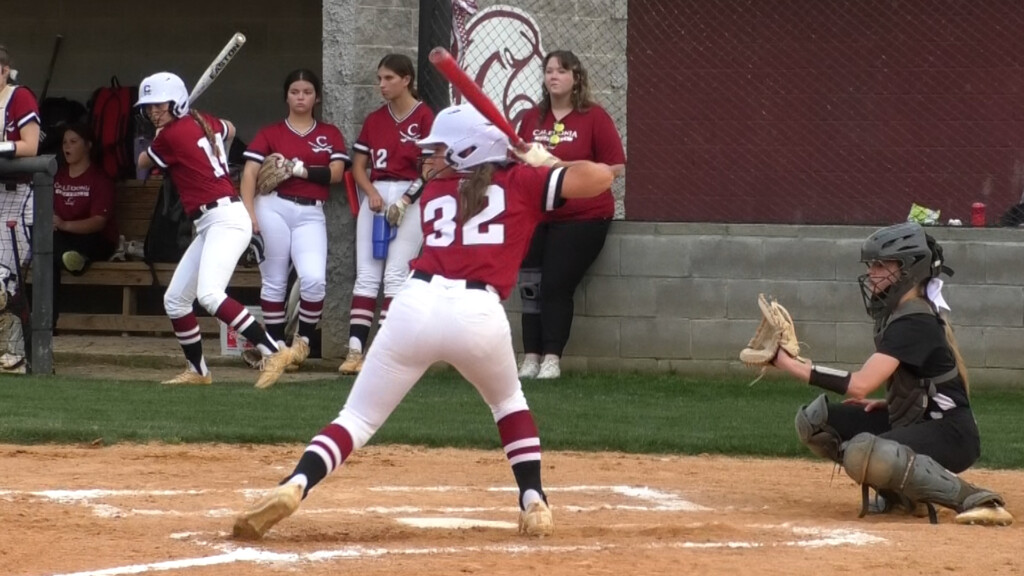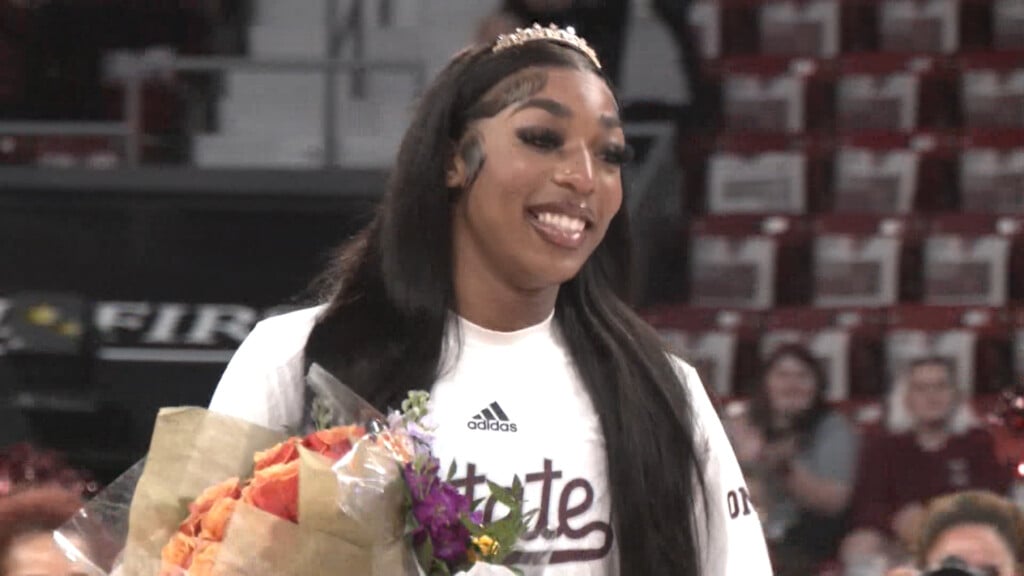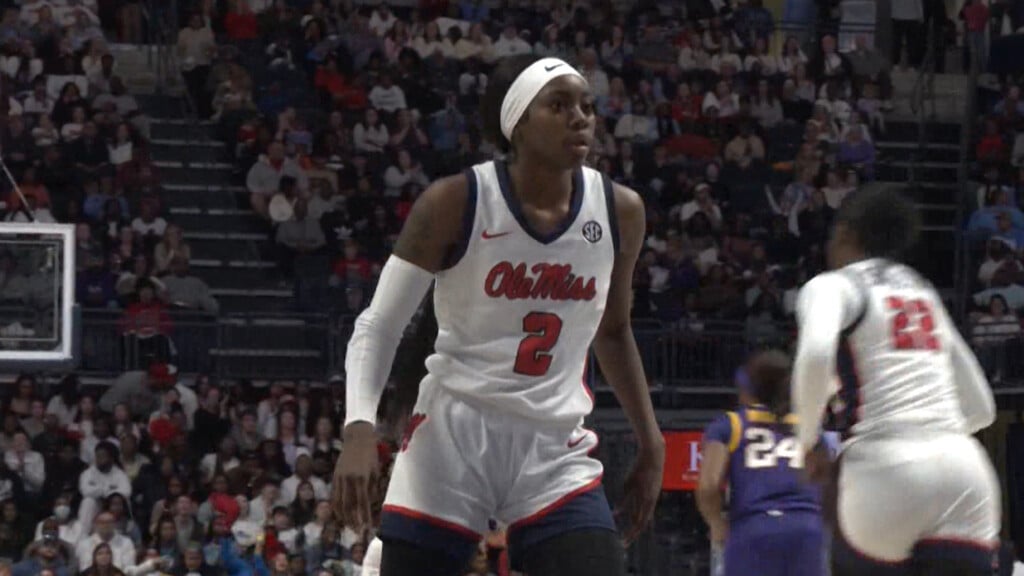Court Decisions Could Impact Elections
 A series of court battles in several states may determine, over the next several weeks, everything from how people cast their votes, when polling locations will be open and what ballots will look like. Many cases have a partisan bent, with rulings potentially tipping the scales slightly in favor of Democrats or Republicans.The legal fights have entered an urgent phase, two months before the Nov. 6 election and just a few weeks before military and overseas absentee ballots must go out.
A series of court battles in several states may determine, over the next several weeks, everything from how people cast their votes, when polling locations will be open and what ballots will look like. Many cases have a partisan bent, with rulings potentially tipping the scales slightly in favor of Democrats or Republicans.The legal fights have entered an urgent phase, two months before the Nov. 6 election and just a few weeks before military and overseas absentee ballots must go out.
Pennsylvania lawyers recently filed briefs arguing whether an appeal on the state’s strict voter ID law should be held in September or October. Opponents won a mid-September court date, which is late even by their standards.
“This is by no means impossible, but certainly the closer you get a decision to Election Day the harder it is to make changes,” said Vic Walczak, legal director of the American Civil Liberties Union of Pennsylvania.
Wisconsin’s attorney general is making a late push in the courts to reinstate voter ID requirements.
Republicans say they have pursued voter ID laws to prevent fraud. Democrats call it a political ploy to suppress voters who may not have the proper identification, particularly affecting groups that typically vote Democrat.
Along with Pennsylvania and Wisconsin, there are unresolved cases in Florida, Ohio, Iowa and Nevada. Those are among the most competitive states and any factor could tip the balance.
—Florida and Ohio are locked in litigation tied to changes in early voting rules. Republicans in Florida approved a law last year that reduced the number of early voting days to eight from as many as 14. Advocates are challenging that, and a panel of three federal judges recently determined that the changes could hurt participation by blacks, who lean heavily toward the Democrats.
Ohio officials have struggled for months over early voting rules. The Obama campaign sued over a law that prevented most people from using early voting on the weekend and Monday before Election Day; a federal judge on Friday agreed to restore those voting days. The state’s attorney general is working on an appeal.
—Florida and Iowa are dealing with suits related to the efforts by election administrators to purge voting rolls of ineligible people. The U.S. Department of Justice is continuing to pursue a suit challenging Florida’s purge, which previously included a list that contained more than 500 people who were citizens. A Hispanic civic organization also sued, alleging that the purge is an attempt to remove legitimate minority voters from the rolls.
Civil rights activists in Iowa are seeking to block the state’s Republican secretary of state from using emergency rules to try and purge voting lists of noncitizens. The groups contend that Secretary of State Matt Schultz was abusing his power in a bid to disenfranchise Latinos. Schultz says the effort is necessary to help maintain fair elections.
—Nevada is dealing with a unique case over the state’s decades-old voting option of “none of the above.” The state attorney general is appealing a federal court’s decision that the ballot option is unconstitutional. The Republican National Committee financed the suit out of fears votes for “none” could influence the outcome, with conventional thinking that people who might cast a ballot for “none” are anti-incumbent voters who might be more likely to support Republican presidential nominee Mitt Romney.
Nevada officials filed an emergency motion in that case Thursday, noting that the state must finalize ballots for overseas and military voters by Sept. 7
The lengthy legal docket continues a trend seen since the disputed 2000 election in Florida. Between that election and the 2010 vote, the amount of election law litigation has more than doubled, according to Rick Hasen, a professor of law and political science at the University of California, Irvine. New technologies, more partisan fighting and a series of new laws that affect voting are helping drive the trend.
Hasen said there’s no sign of it abating.
“The picture is one of continued foment, agitation and litigation,” he said.
The legal battles before Election Day may be just a first round. Thousands of lawyers and activists are preparing to help deal with issues for the campaigns that may arise Nov. 6, and they are poised to handle longer disputes if a crucial state turns out to be nearly tied, as Florida was in 2000.
Hasen said the Florida vote taught both sides that there isn’t much benefit in waiting until after the election to resolve disagreements over election administration.
“If you’re going to sue, it’s better to sue earlier rather than later,” Hasen said.





Leave a Reply